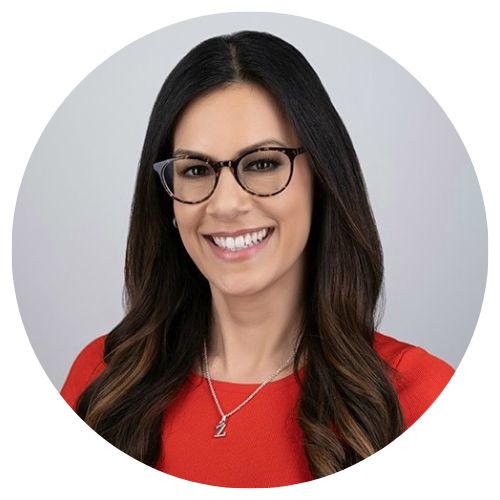
Article by Gee Foottit, St. James’s Place Financial Adviser Academy
The decision to switch careers can be a key moment in your life. Whether out of circumstance or by choice, swapping one role for another can be incredibly fulfilling and can lead to even greater career success.
Perhaps the fear of imposter syndrome has prevented you making a change before? It can be daunting, but it doesn’t have to be. With the right approach and mindset, you can successfully transition into a new career that aligns with your interests, values, and goals.
Incredibly successful career changers
What do Professor Brian Cox, Vera Wang and Ronald Reagan have in common? They all made a career change.
Renowned fashion designer Vera Wang aimed for the stars as an Olympic figure skater when she decided to pivot into haut-couture – she hung up her skates and used her network to bag herself an editorial role at Vogue. The rest, they say, is history.
After starting his career as a musician in the late 80s, Brian Cox swapped his keyboard for his telescope in the late 90s and has since launched his career as a physicist, becoming the well-known face of science in Britain today.
Ronald Reagan switched the red carpet for the White House in the 60s after a stint as a professional actor. His skills in front of the camera served him well as he went on to serve as the 40th President of the United States for 8 years.
What were the roots of their success?
To make a successful career change happen – it all comes down to understanding your transferable skills.
Transferable skills are skills you’ve developed in your previous roles and industries that are attractive to new roles and industries. These skills include problem-solving, time management, communication, leadership, and teamwork. Identifying and highlighting these transferable skills can help you demonstrate to potential employers that you have the skills and experience necessary to succeed in a new role.
For example, Sean Briggs, adviser at Connected Financial Management, decided to pivot his career with the St. James’s Place Financial Adviser Academy after a career as a mental health specialist. Sean describes himself as a people person – he knew that whichever role he transitioned into, it would have to be people focused. Drawing on his experience from his previous career, he now applies this to financial advice. “People are surprised when they hear where I transitioned from – both roles enable me to support, understand and get to know people, as well as their families too.”
How to identify your transferable skills
Start by listing all the tasks and responsibilities you’ve had in your previous roles. Then, think about the skills you used to complete those tasks and responsibilities. For example, if you’ve been a customer service representative, you’ve likely developed strong communication, problem-solving, and the ability to handle difficult situations.
Next, create a list of achievements and successes in your past roles. Reflect on what you did well, what you enjoyed and where you excelled. These will give you a good indication of your skillset.
Once you’ve identified your transferable skills, it’s time to highlight them in your CV and cover letter. Again, use language that demonstrates how your skills can be applied to new roles and industries. For example, explain how you’ve used your skills to achieve specific results in your past roles instead of simply listing your skills.
In addition to highlighting your transferable skills during your job search, it’s also important to focus on them during interviews. Be prepared to discuss specific examples of how you’ve used your transferable skills in past roles and how you plan to use them in your new role.
Keep your skills and experience in mind throughout
It must be said that changing careers may not happen overnight. It takes time, research, and effort to make it happen, but don’t let this put you off. Stay positive and persistent and keep your skills and achievements in mind as you explore new career options.
You can increase your chances of finding a new career that aligns with your interests, values, and goals by highlighting your transferable skills. And it may lead to even greater career success, good luck!
 About the author
About the author
Gee helps driven individuals, who are looking to change career and could benefit from the support offered by the St. James’s Place Academy; an opportunity to train to be a professional Financial Planner with the backing of a FTSE 100 Company.








